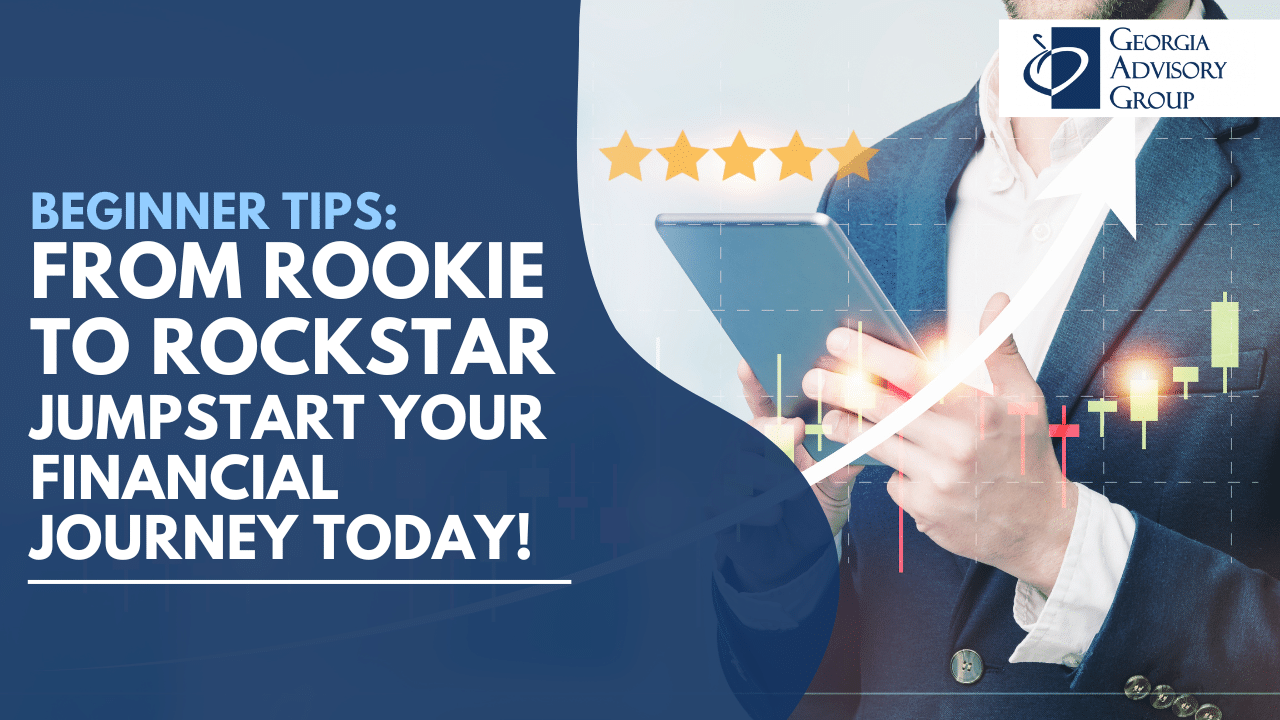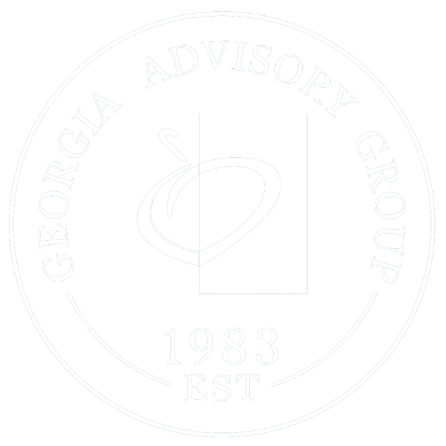Beginner Tips💰| From Rookie to Rockstar: Jumpstart Your Financial Journey Today!
Just getting started in finances and investing? Here are some basics you need to know. Now, I’ve been asked to cut a quick video for those who are just getting started with investing and saving. Whether you’re still single, getting close to marriage, or just recently got married, here are some great points when it comes to getting started off on the right foot.
Hello again, Dave Duley here. Not only am I a 40-year veteran of the financial markets and a licensed view this year, but I’m also married for 40 years to the same woman, with two college grads just getting started themselves. There’s no better way to tell a story than to tell your own story.
Look, I understand that getting started with saving and investing is the most difficult step. It’s figuring out where to begin. Now, the first step is your first job. Most companies provide a 401(k), which is just a tax-deferred plan that lets you set aside pre-tax dollars from your paycheck. However, don’t get carried away with the idea of this. Most people think and are told to sock away all they can in these types of accounts. I say, don’t do it. Wait till you have built up an emergency fund first. Meaning, most likely, you are on your own now, and you have your own bills, apartment, car, cell phone, and all the other expenses that are part of living on your own. I want to see ten thousand dollars saved in your personal savings or your checking account first. The last thing you need early on is to have an emergency and have to tap into your 401(k) to borrow money or take a withdrawal. Trust me, it isn’t a good way to start off.
The only way I’m participating in the 401(k) is if my employer matches part of my contribution. If they don’t, then don’t participate at all. Now, I know I’ll get some people arguing here about this and the idea that it is for savings and the money is out of my check before I have a chance to spend it. My response is, “Grow up! You’re not a child anymore.” I have 40-year-olds make the same comment to me all the time. Set aside that emergency savings each period, a hundred, two hundred, one thousand, whatever you can. Once you reach ten thousand, then we will begin using the 401(k) and contribute up to what the company will match. It’s free money, nothing more. If they have a Roth savings at the company, that is awesome, but again, only after I have my emergency money set up first.
Now, why would I do a Roth IRA with the company versus doing it on my own? Well, because the company Roth always lets you put in a higher amount to sock away compared to doing it on your own. That’s the upside. The downside is your investment choices, again, are going to be very limited inside the company. Be careful here. Everyone is telling you to sock away all you can, but you need to balance savings with living. It does no good to save a bunch and then realize you have fifty dollars after each paycheck, and you don’t even have enough money to maybe get something to eat with it. It will take you 60 to 90 days to find that happy place. There’s no sweeter situation than to look in that investment account or savings and see a nice amount of money set aside after you’ve gotten a grasp on your finances.
Okay, now getting those dollars to work is key. Open an investment account at a brokerage house, such as Charles Schwab. Do not day trade. Buy fractional shares of companies you use every day. Do not day trade. Set up a dollar-cost averaging plan where the firm will purchase fractional shares of companies such as Apple, Costco, Google, or Amazon each month, whether the stocks are up in value or down. Do not day trade or listen to some bozo friend who has an idea on a great company to buy.
Stay off YouTube and don’t listen to idiots who spout the greatest and latest upcoming companies you need to own. Have I said it enough? Do not day trade. It’s the worst thing you can do, and I see it every day. Buy solid companies you use each day. Watch my video on Occam’s razor. It’s on my website under videos, and it will help you understand exactly what I’m talking about here on which companies to purchase. There’s a lot of content to help you out there.
I learned a long time ago, be a great copier. That’s right, find someone who is very successful and just copy what they do. Make your advisor show you their investment accounts, yes, their personal accounts, if they want. Then run. It means that they talk a big game but are embarrassed to show you where they are financially and what they invest in. Here’s the exciting news: money makes money. Yes, the more you have put away, it begins to work for you. The first hundred thousand seems so far away, but it’s not. And once you’re there, you’ll be blown away by how it begins to go to work for you.
Keep this in mind always: the rich buy assets and the poor buy liabilities. Buy things that go up in value, stocks, real estate, investing in businesses, not boats or cars or jewelry or clothing. Sometimes say no, “I can’t afford that right now.” If you’re just married and heading in that direction, it’s time to sit down with a professional. Money is a tough subject, and most newlyweds avoid it like the plague. But it goes beyond the money. It is setting your wills in place, power of attorneys, discussing how to combine accounts or even keeping them separate if one person brought a lot more money into the marriage. That could cause someone’s feelings to get hurt.
I hate to say it, but as you know, almost 60 percent of marriages end in divorce, and it’s just wise to plan for both parties. Now, these are real issues that need to be addressed. A third party is a great way to start. Don’t pay a dime for that meeting or getting your will set up, for that matter. The only exception is if you have a substantial estate to start with. You can do a lot of this on your own. If an advisor won’t take a meeting because you’re just getting started, then great. You don’t want any part of them to start with anyway.
A great firm and advisor are here to help you, especially those that are getting started. A few this year will take an unbiased look at your situation, from your company’s 401(k) choices to your investment ideas to the long-term goals, and help you get underway. He or she will make their money down the road once your accounts begin to grow. And if they’re great at helping you, most likely you’re going to refer many people to them in the future. Don’t be intimidated. Get an appointment with a good advisor and a great view to share. They’ll be tickled to help you out.
Listen, subscribe below, and visit our website. We’ll be more than happy to help you and we’ll take your call or Zoom call to get you started in the right direction. My 27-year-old daughter and 25-year-old son are in the same boat as you are and have both gotten off to a great start on their own. The exciting thing is that after just a few years of taking a disciplined approach, they are already way ahead of the game with the ability to purchase a home and travel when a break is needed.
Till next time.


